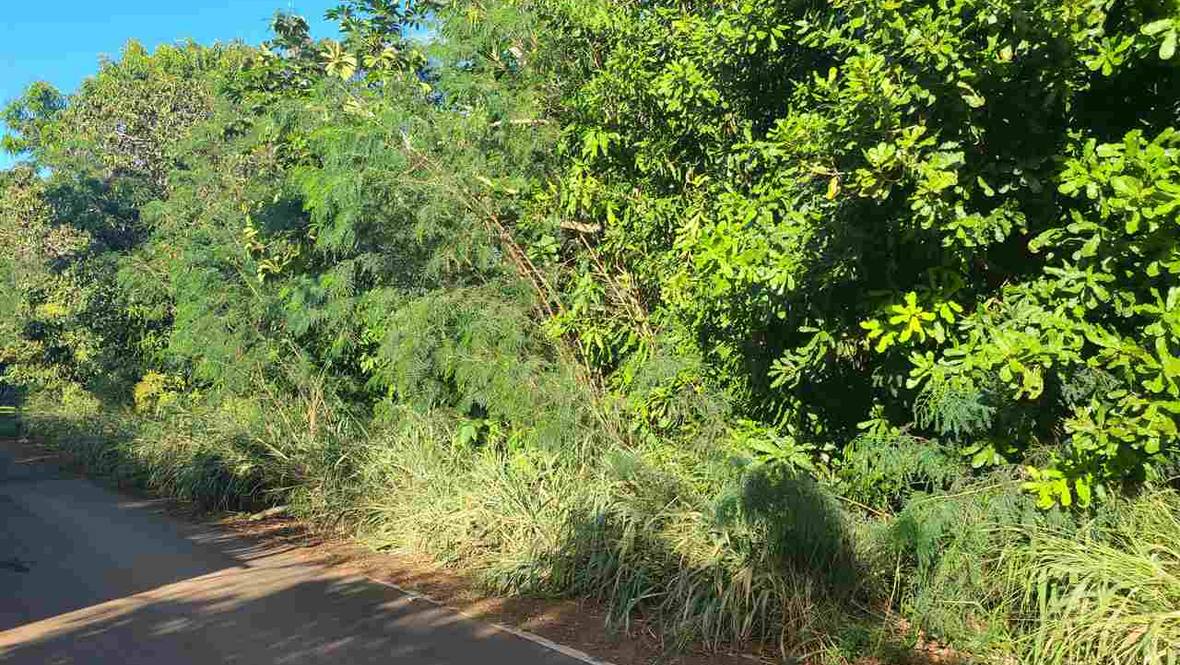
He mea nui ka hāʻaʻa ʻai ma ka papaʻai, no ka mea, he kōkua ma ka wāwahi ʻai ʻana. Haaʻa same as aʻa₂, to send greetings or love. (see the more common hoʻohaʻahaʻa)īc ₇ HUL for clear understanding, delete haʻa- and look up the base.

before colors the meaning is "-ish, somewhat," as hākea, haʻakea, hāʻeleʻele, hāuliuli.a few bases with haʻa- may form another derivative with hoʻo-, as inu, hāinu, and hoʻohāinu heo, haʻaheo, hoʻohaʻaheo.for a few bases, derivatives with both haʻa- and hoʻo occur, as haʻakoʻo and hoʻokoʻo, which have the same meanings with a few bases, meanings differ, as haʻalele and hoʻolele.
#HAWAIIAN CHURCH ACROSS FROM HAIKI COMMUNITY CENTER PLUS#

four, fourth (commonly preceded by the numeral-marking prefixes, as ʻehā keiki, four children Pōʻahā, Thursday lit., fourth day). Hā- same as haʻa-, a prefix similar in meaning to the causative/simulative hoʻo. Ha- same as haʻa-, a prefix similar in meaning to the causative/simulative hoʻo. Every Sunday.Haa haaa haae haah haai haak haal haam haan haao haap haau haaw hae haea haee haeh haei haek hael haen haeo haew haga haha hahe hahi haho hahu hai haia haid haie haih haii haik hail haim hain haio haip haiu haiw haka hake haki hako haku hala hale hali halo halu ham hama hame hami hamo hamu hana hane hani hano hanu hao haoa haoe haoh haoi haok haol haom haon haoo haop haou haow hapa hape hapo hapu hara hare hate hau haua haue hauh haui hauk haul haum haun hauo haup hauu hauw hava hawa hawe hawi Hale O Kaula is now able to hold church services on its own property. Ultimately, after several court rulings in favor of the church, Maui gave in. What ensued was a legal back and forth that included the congregation erecting tents on their own property and holding worship services, to which the media showed up and to which the County’s attorneys told them that “your past Sunday worship would probably not violate” Hawaiian law “if it is not a ‘regularly conducted church service’”-in other words, you can worship here every now and then, but worshipping every Sunday is out. Department of Justice, in defense of the constitutionality of RLUIPA as well as in opposition to Maui’s blatantly discriminatory posture. The County fired back, arguing that RLUIPA “is patently unconstitutional.”Įnter the U.S. We made sure that the members of the Maui Planning Commission were served with the complaint as they walked in the door for their regular meeting in Wailuku in October, 2001. District Court in Honolulu, charging the Maui Planning Commission, Maui County, and the State of Hawaii with violating multiple provisions of the Religious Land Use and Institutionalized Persons Act (RLUIPA), as well as depriving the church of rights guaranteed to it under the U.S.

We filed a lawsuit on behalf of the church in the U.S. Their request was denied again.Įnter the Becket Fund.

The next year, they applied for a permit to add a second story to the building for religious worship. So they built a smaller, solely agricultural building a few years later. In 1995, they applied for a permit to build a spacious 8,500 square foot facility which would house a sanctuary, fellowship hall, restrooms, kitchen and offices. The congregants were thrilled, because the new space was large enough for all of their proposed religious activities, as well as spacious enough to pursue a ministry characteristic of its denomination: agricultural activity drawn from the Old Testament of the Bible. As they began to expand, they bought a new, six acre piece of land in 1991 in the Kula area of Maui. Hale O Kaula was a small congregation affiliated with the Fellowship of the Living Word that had been worshipping in the small Hawaiian community of Haiku since 1960. They just wanted to worship and till the earth.Ī simple beginning to a not so simple story.


 0 kommentar(er)
0 kommentar(er)
